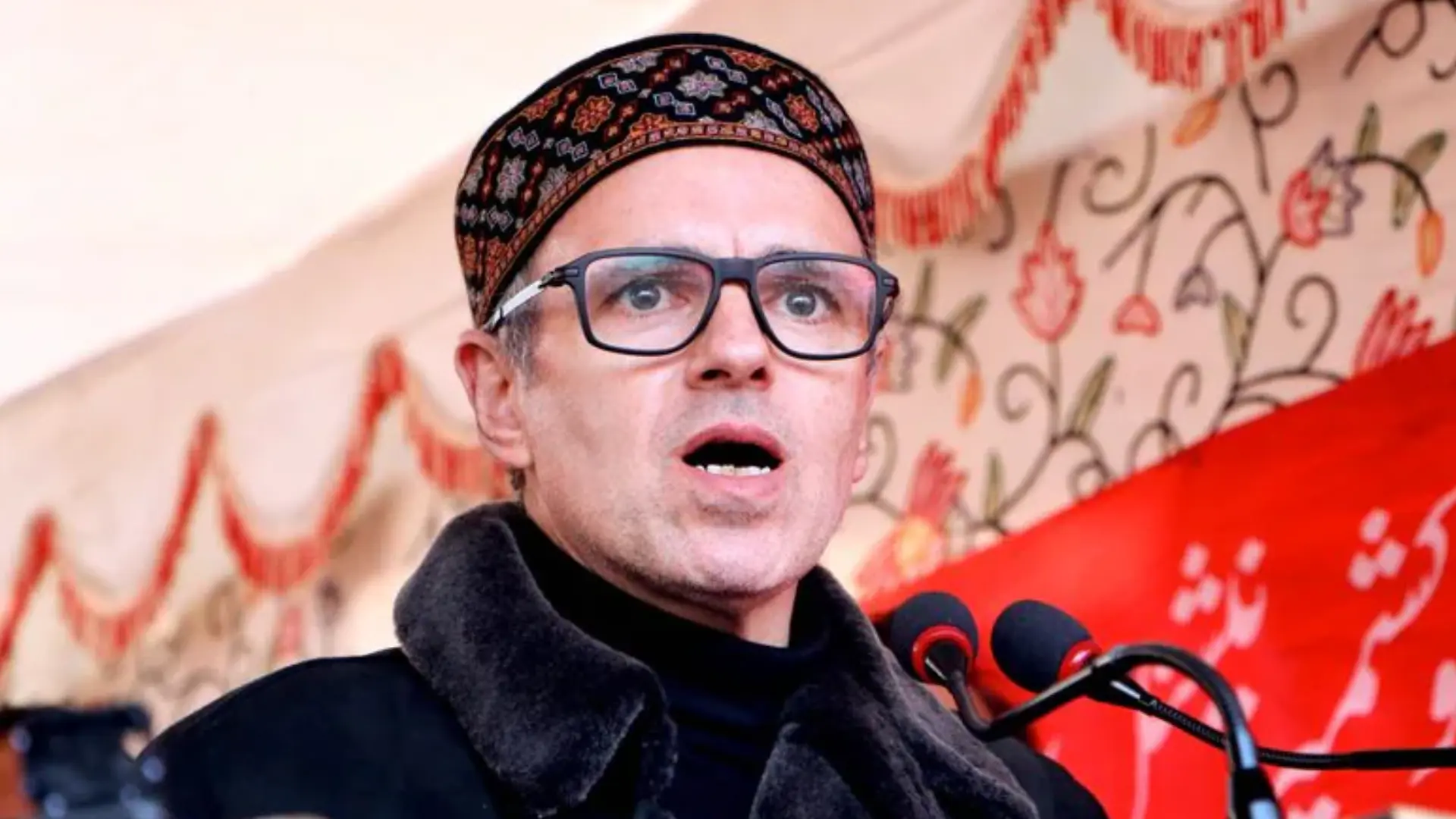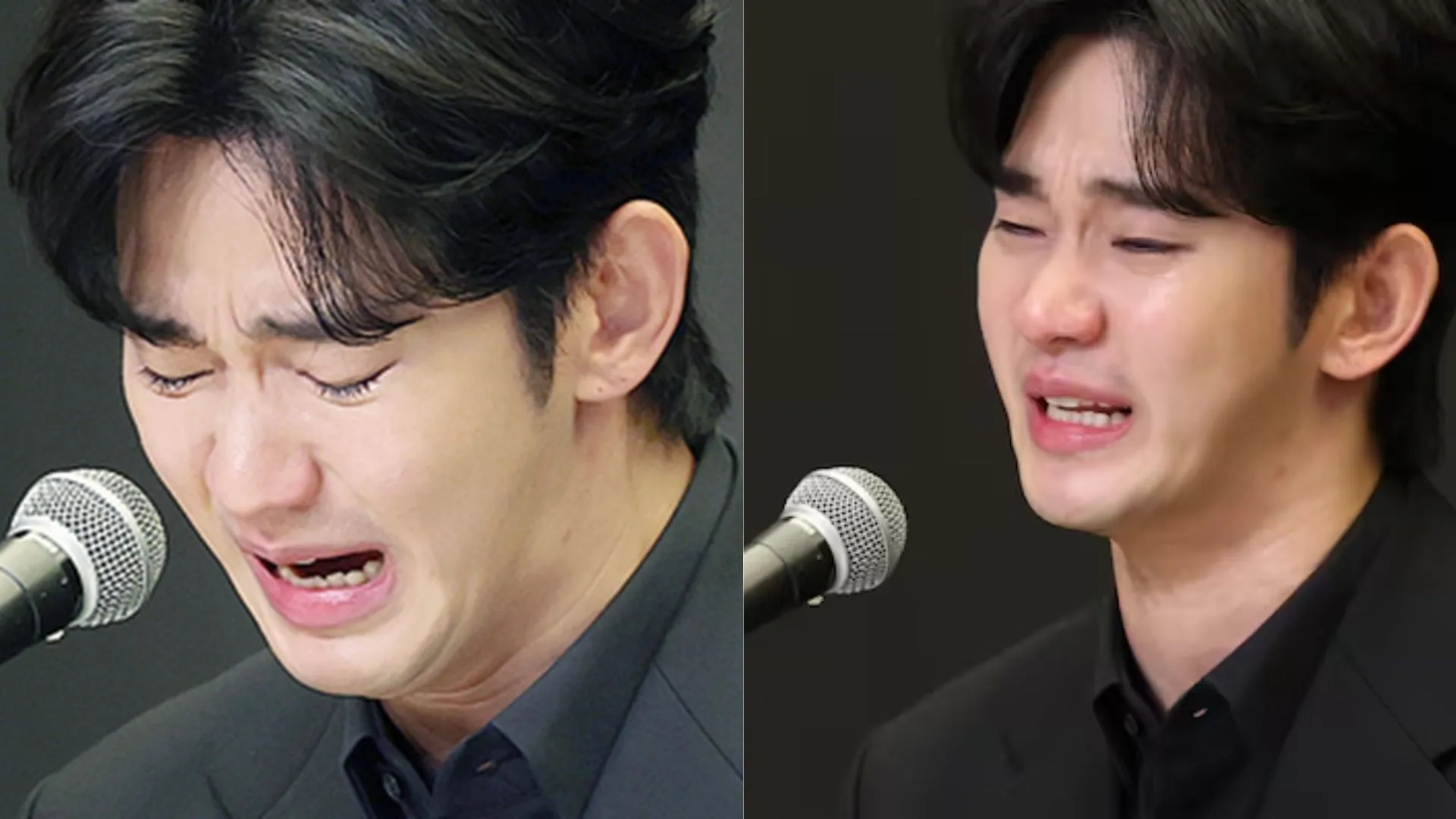The Supreme Court has put a stay on the controversial Allahabad High Court order that ruled an incident of molestation against a minor girl did not amount to an attempt to rape. The apex court expressed strong disapproval of the High Court’s stance, calling it “shocking” and lacking in sensitivity.
A Total Lack Of Sensitivity
A bench comprising Justices B.R. Gavai and A.G. Masih took suo motu cognizance of the case following widespread public outrage. The court highlighted that the High Court’s observations demonstrated a “total lack of sensitivity” and were “totally unknown to the tenets of law.” The Supreme Court emphasized that the verdict had not been hastily delivered but was issued after four months of deliberation, which made the ruling even more concerning.
Solicitor General Tushar Mehta, appearing for the Union of India, also criticized the judgment, calling it “deeply disturbing.” The court has now sought responses from the Union Government, the Uttar Pradesh state government, and other parties involved in the case.
The controversy arose after the Allahabad High Court downgraded charges against two accused, Pawan and Akash, who allegedly assaulted an 11-year-old girl, grabbed her, broke the string of her pyjama, and attempted to drag her beneath a culvert. While the trial court had initially charged them under Section 376 of the IPC and Section 18 of the POCSO Act for attempted rape, the High Court ruled that their actions only constituted “aggravated sexual assault” under the POCSO Act—an offense carrying a lighter sentence.
#BREAKING| ‘Insensitivity’ : Supreme Court Stays Allahabad HC Ruling That Grabbing Breasts & Breaking Pyjama Strings Of Minor Girl Won’t Be ‘Attempt To Rape’ |@1Simranbakshi
SC said that the HC order “depicts total insensitivity and inhuman approach”https://t.co/eOJlGea04o
— Live Law (@LiveLawIndia) March 26, 2025
The High Court’s reasoning was based on the distinction between “preparation” and “attempt,” arguing that the accused had not gone beyond preparation to commit the crime. This interpretation has sparked a backlash, with legal experts and activists calling it a regressive approach to sexual assault cases.
The Supreme Court’s intervention has been welcomed by child rights advocates and legal professionals, who argue that such rulings set a dangerous precedent. The matter will now be further examined to determine the appropriate legal action against the accused.
Also Read: Stone Pelting At Mangla Procession Ahead Ram Navami In Hazaribagh, Security On High Alert























